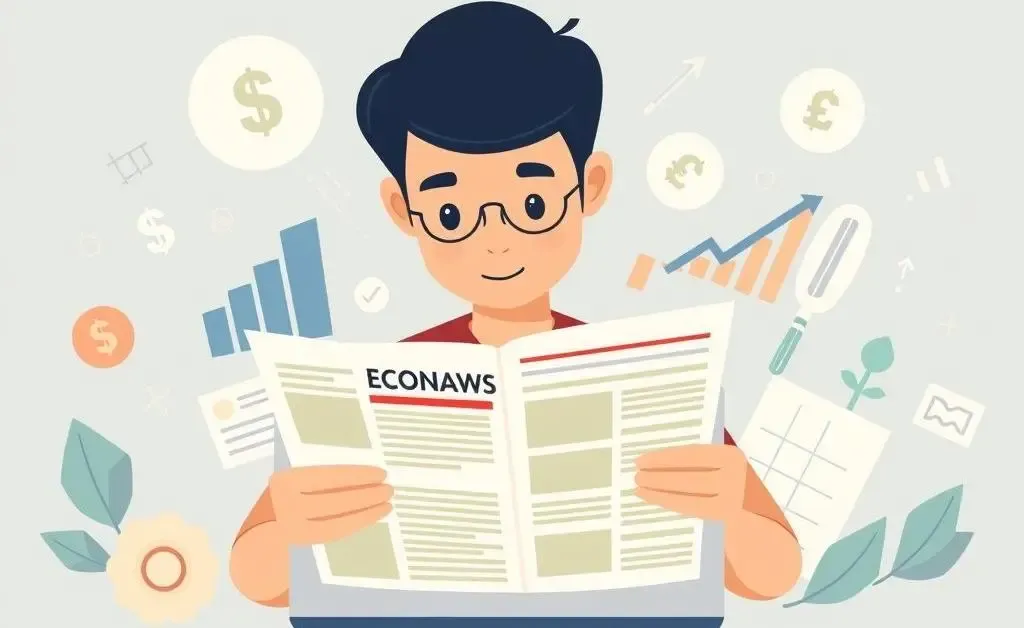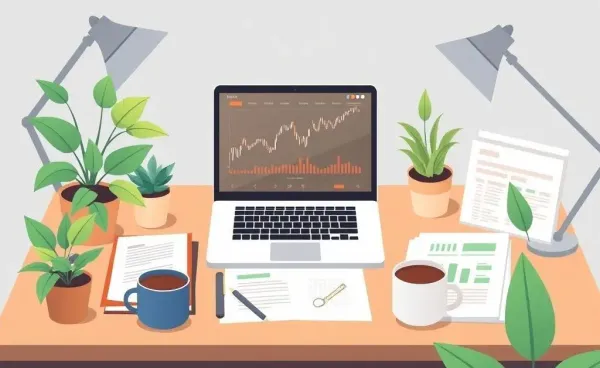Navigating Economic Changes: What You Need to Know
Explore how to stay informed and adapt in an ever-changing economic landscape.

Ever sat down with your morning coffee, flipped through the news, and felt like the financial world is just a huge, confounding puzzle? You're not alone. Understanding the economy can indeed feel like solving a mystery, but it's one worth delving into for anyone seeking to make informed decisions in an ever-evolving landscape.
Why Economic Awareness Matters
Being aware of economic shifts is crucial not only for business folks and policymakers but for everyone. An understanding of economic changes can help you plan better—be it how you spend, save, or invest. But how do you keep up with these changes, and why should it matter to you?
Staying Informed Amid Changes
Economic changes can feel like the weather: constantly shifting, often unpredictable, but definitely impactful. Whether it's policy shifts, market disruptions, or unexpected resignations like in a recent shake-up, the tides can shift quickly, and those who stay informed can navigate them more smoothly.
- Read reliable sources regularly
- Engage in discussions with knowledgeable peers
- Attend seminars or webinars about economic trends
Consider this scenario: A friend who stays acutely aware of policy changes suddenly spots an investment opportunity that aligns perfectly with a new government incentive. By being informed, they're able to make a timely decision that pays off handsomely in the long run.

Responding to Economic Policies
Economic policies can have far-reaching implications, affecting personal finances, job markets, and even the cost of your everyday grocery basket. Understanding these policies doesn’t require a degree in economics, just a curious mind and a little patience.
A tactic that's useful is to compare policy outcomes over time. Look at past changes and how similar scenarios have played out. This perspective can inform future decisions, even help identify the products or services that might thrive under new regulations.

Adapting to Financial Trends
Adapting isn't just a trait—it's a necessity in today's fast-paced world. Financial trends fluctuate, and without adaptability, it's easy to fall behind. Consider the ongoing shift towards digital currencies and sustainable investments: these aren’t just trends but are rapidly becoming mainstays of modern finance.
Invest time in learning about these trends and think about how they might fit into your life. How can they influence your savings or investment strategies? Companies that embraced sustainability early have reaped significant benefits, showing that forward-thinking can often lead to success.

Your Next Steps
In this fast-paced world, it pays to be informed and flexible. By integrating these practices into your daily routine, you'll be better prepared for whatever economic changes lie ahead. How do you plan to keep evolving with the economic landscape?




